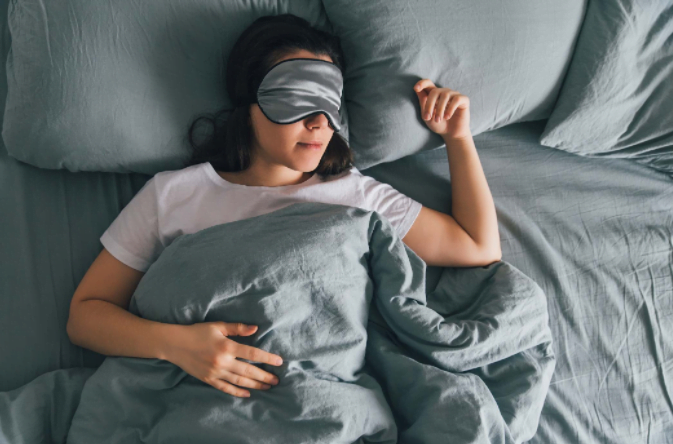Many people fall asleep when they feel drowsy. According to Healthline, doctors believe there is an ideal bedtime for heart health.

According to a recent UK study, if you want to protect your heart, sleep between 22 and 23 o’clock.
As stated by Dr. David Plans, Senior lecturer in neuroscience at the University of Exeter (UK), the best time to go to bed is at a specific hour of the body’s 24-hour cycle, and straying from this hour can be damaging to health.
The study included more than 88,000 people aged 43 to 79 who were observed for more than five years for a diagnosis of cardiovascular diseases, such as a heart attack, heart failure, chronic ischemic heart disease, stroke, or transient ischemic attack. With 3% of people had developed cardiovascular disease.
The results revealed that individuals who went to bed at midnight or later had the highest incidence of the disease, while those who went to bed between 22 and 23 pm had the lowest.
Compared with people who go to sleep during the golden hour from 22 to 23 pm: People who go to bed from 24 pm have a 25% higher risk of cardiovascular disease; People who sleep for 23-24 pm have a 12% higher risk of cardiovascular disease; And paradoxically, people who went to bed before 10 p.m. had a 24% higher risk of cardiovascular disease. This effect was shown to be more strong in women, according to the researchers.
According to Dr. Plans, there may be disparities in the endocrine systems’ responses to disruptions in circadian rhythms between men and women. Furthermore, postmenopausal women are more likely to develop cardiovascular disease.
After midnight is the most harmful bedtime, partly because it can last well into the morning, which can disrupt the body’s circadian clock.
Dr. Plans notes that “circadian rhythms assist regulate physical and mental activities.” Going to bed too early or too late is more likely to disrupt the body’s circadian rhythms and have a negative impact on heart health.

According to Healthline, Dr. Thomas Kilkenny, director of sleep medicine at Staten Island University Hospital (USA), research has proven that inadequate sleep for any cause shortens life.
This study goes even further, demonstrating that sleep can contribute to good heart health and that going to bed too early or too late is harmful to the heart.
The quality of sleep is more vital than the quantity of sleep
Many studies have shown that sleep deprivation is a risk factor for cardiovascular disease. People who sleep less than 7 hours each night, according to the Centers for Disease Control and Prevention (CDC), are at a greater risk.
According to Dr. Harly Greenberg, head of sleep medicine at Northwell Health (USA), there is substantial evidence that, in addition to sleep quality, bedtime plays a significant role in heart health. He emphasizes the negative health impacts that can occur when regular sleep schedules deviate from circadian rhythms
However, Dr. Greenburg cautions that the recommended bedtime of 10 p.m. to 11 p.m. may not be applicable to everyone. Some people’s ideal circadian sleep time may be different, especially those who have a history of staying up late or waking up early.

